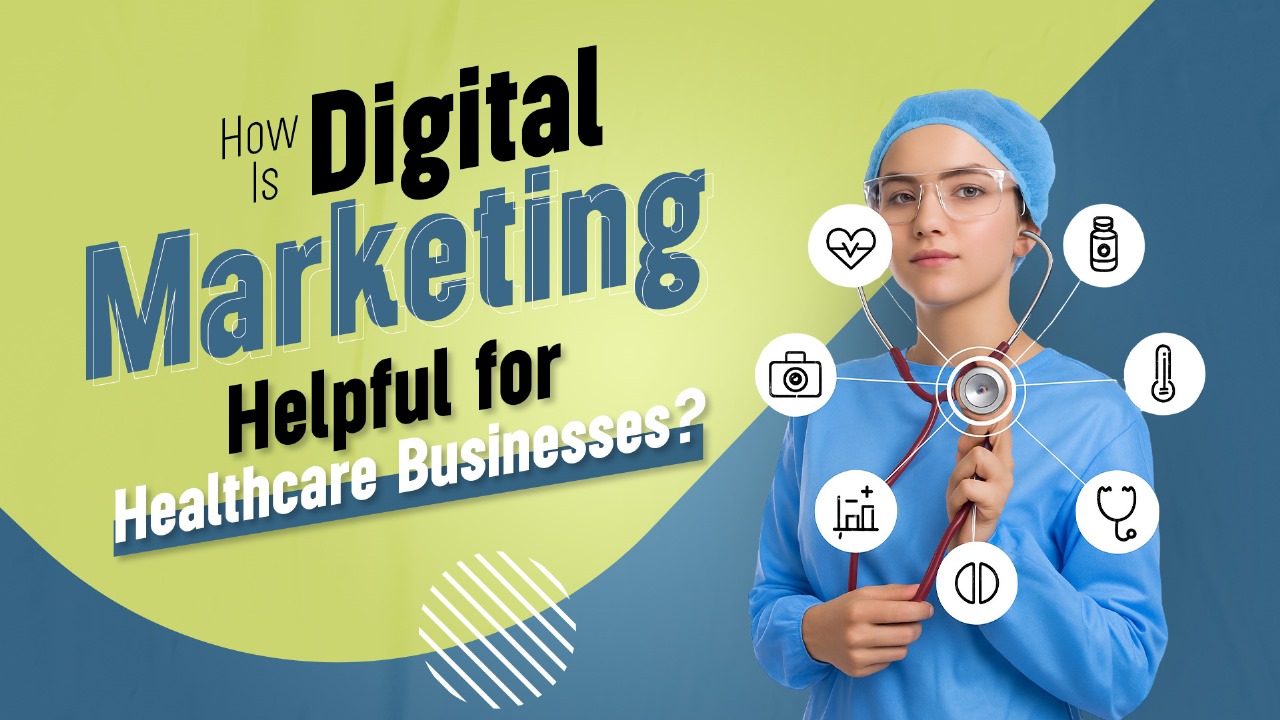

A few months ago, we got a call from a small, family-owned medical clinic. The doctor had been treating patients in his local community for more than 20 years. He told us something we won’t forget:
“People still trust me when they step through my doors. But these days, fewer people are coming through those doors. I hear patients tell me they found another doctor on Google. Or they found an online booking system for another clinic and made an appointment there. I never thought I’d have to ‘advertise’ myself… I’m a doctor. But now, it’s like I’m invisible.”It’s a situation we see more and more often from healthcare businesses. Word-of-mouth and reputation are important, but in a world where patients are Googling before they go to their neighbours, healthcare providers can’t expect to continue business as usual. Digital marketing in our industry is not about clever ads or gimmicks. It’s about ensuring that when someone needs care, guidance or hope—they can find you, trust you and connect with you. Let’s explore how digital marketing is helping healthcare businesses reach people at the right time, in the right way, with the right message.
The First Place Patients Look is Google
Ask yourself: What’s the first thing you do when a weird pain hits you or you develop a new symptom? You Google it.- Locate the nearest paediatrician for their child.
- Read reviews about a dental clinic before booking.
- Compare hospitals that offer health check-up packages.
- Find out treatment options for chronic conditions.
- Online searches are the first step 77% of patients take before making an appointment.
- Almost 90% of patients say online reviews are as trustworthy as a personal recommendation.
How Digital Marketing Supports Healthcare Businesses
At Digitalicreatives, we often say digital marketing for healthcare is less about “promotion” and more about connection and care. Here’s how:1. A Website That Feels Like a Front Desk
Your website is your first impression to your patients. However, the biggest problem with most healthcare websites is that they seem outdated, slow or too full of jargon. Patients just want simple reassurance and information that is easy to find and read.- Provide detailed information on your services in layman’s terms.
- Have profiles for doctors with photos, qualifications and specializations.
- Facilitate easy appointment booking (through online forms or WhatsApp integration).
- Include patient testimonials to increase trustworthiness.
- Be mobile-friendly because most searches are done on mobile devices.
2. SEO: Showing Up When It Matters Most
If a patient searches for “best gynecologist near me,” appearing on the first page of Google could be the difference between a new patient or a lost opportunity.- Local SEO: Ensure you appear on Google Maps and “near me” searches.
- Content SEO: Rank for patient questions like “Is it normal to have headaches during pregnancy?”
- Technical SEO: Keep your website fast, secure, and trustworthy.
3. Social Media: Humanizing Healthcare
Healthcare is personal. Social media allows you to tear down walls and show the human side of your practice.- Share health tips in bite-sized formats.
- Acknowledge awareness days (i.e., World Heart Day) with educational content.
- Use short videos to demonstrate exercises or bust myths.
- Go live on Facebook/Instagram for a Q&A with your doctors.
4. Online Reviews: Word-of-Mouth in the Digital Age
Trust is the most important currency in healthcare. And these days, trust starts with online reviews.- Ask satisfied patients to write reviews.
- Respond compassionately to positive and negative reviews.
- Display testimonials on your website and social media.
5. Paid Advertising: Reaching Patients Quickly
Some people can’t wait. If they’re searching “emergency dental clinic open now”, your Google Ads may be exactly what they need.- Promote seasonal services (like flu shots).
- Run health check-up package campaigns.
- Build awareness about new treatments or facilities.
6. Content Marketing: Educating Patients
Education is one of the strongest forms of trust building.- Write blog posts that answer common questions (“When should I take my child to the ENT?”).
- Create infographics that offer tips for a quick read.
- Post explainer videos for patients who want to learn more about a treatment or procedure.
- Once patients consider you a go-to source for information, they’ll be more apt to trust you with their care.
7. Email & WhatsApp Marketing: Staying Connected
Some patients wait before booking. Nurture them with follow-ups:- Send reminders for check-ups or follow-ups.
- Share seasonal health tips.
- Allow WhatsApp appointment confirmations.
8. Telemedicine & Digital Tools
Telehealth got a major boost during the pandemic — and it’s not going anywhere. Make it easy for patients to book virtual consultations.- Feature telemedicine options on your website.
- Publish posts about booking online consultations.
- Use chatbots to answer FAQs and triage patients.
The Human Impact of Digital Marketing
Digital marketing in healthcare helps:- A young mother find the right pediatrician, fast.
- Remind a busy professional about an overdue check-up.
- Reassure an elderly patient with trusted reviews.
Mistakes to Avoid
- Complex medical jargon that patients can’t understand.
- Neglecting mobile optimization.
- Focusing only on promotional content.
- Ignoring review management.
- Running one-and-done campaigns.
The Future of Healthcare Marketing
- AI chatbots for 24/7 patient support.
- AR/VR for facility tours and procedure understanding.
- Personalized campaigns based on patient data.
- Voice search optimization for “Alexa, find a physiotherapist near me.”




